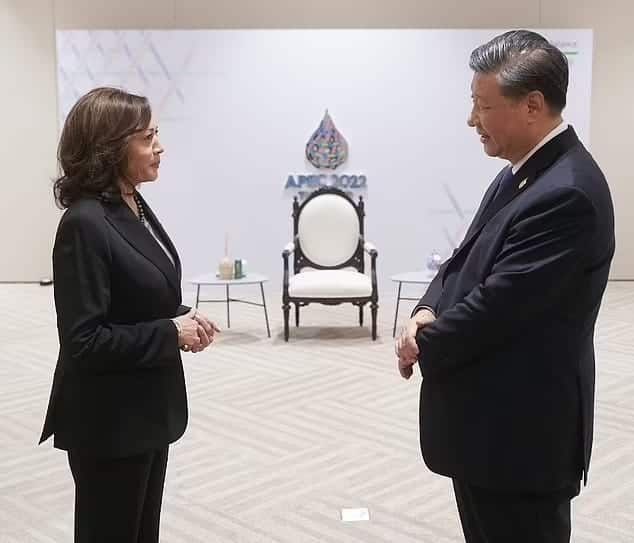With increasing calls for Joe Biden to step aside following his poor performance in the first presidential debate, Vice President Kamala Harris emerges as the most logical replacement should Biden decide to withdraw.
Before her vice presidency, Harris’s political career centered on domestic issues, particularly law enforcement. In contrast to the current occupant of the Oval Office, Harris steps into the vice president’s role as a newcomer to foreign policy. Biden, on the other hand, has built relationships with foreign leaders over decades in Washington, including his tenure as a longtime member and later chair of the Senate Foreign Relations Committee, as well as his role as vice president under President Obama, which took him to more than 50 countries over eight years.
Harris’s relative lack of experience in foreign affairs often leads her to align closely with the Biden administration’s positions on key issues like the Russia-Ukraine war and the Indo-Pacific, while emphasizing alliances, multilateralism, and international norms. Her interactions with rival nations have been limited, with a notable exception being a brief meeting with Xi Jinping at the 2022 APEC summit. Unlike her predecessor Biden, who had extensive interactions with Xi, Harris has not visited China during her tenure as vice president
“Kamala on China” argues that Harris closely aligned with the administration’s China policy. She criticized Beijing’s unlawful claims in the East and South China Seas, advocated for “de-risking,” and emphasized that the United States seeks competition with China without provoking conflict. Harris strongly supported U.S. freedom of navigation operations, asserting that U.S. forces would operate “undaunted and unafraid” wherever international law permits.
Editor’s commentary: Some might argue that even if Kamala Harris becomes the Democratic nominee for the 2024 presidential election, her China policy is unlikely to differ significantly from Biden’s. This is plausible given that she continues to work under his administration. However, politicians often adapt their stances over time. For example, while Biden initially downplayed the China threat during his 2020 presidential campaign, he has upheld Trump’s tariffs on Chinese imports and maintained China’s status as a strategic competitor to the United States since he took office.
Similar considerations could also apply to Harris. Her focus on domestic politics and her identity as a woman of Asian and African descent could significantly influence her China policy. The progressive ideals she has championed, particularly regarding race and gender equality, underscore the growing importance of identity in American politics. With the increasing prominence of the Chinese community in U.S. politics, Harris may recognize that a tense U.S.-China relationship could make her China policy a more controversial issue among this community, potentially posing a political challenge for her.
To continue reading Kamala Harris’ views on China, please visit ChinaTalk.media.


